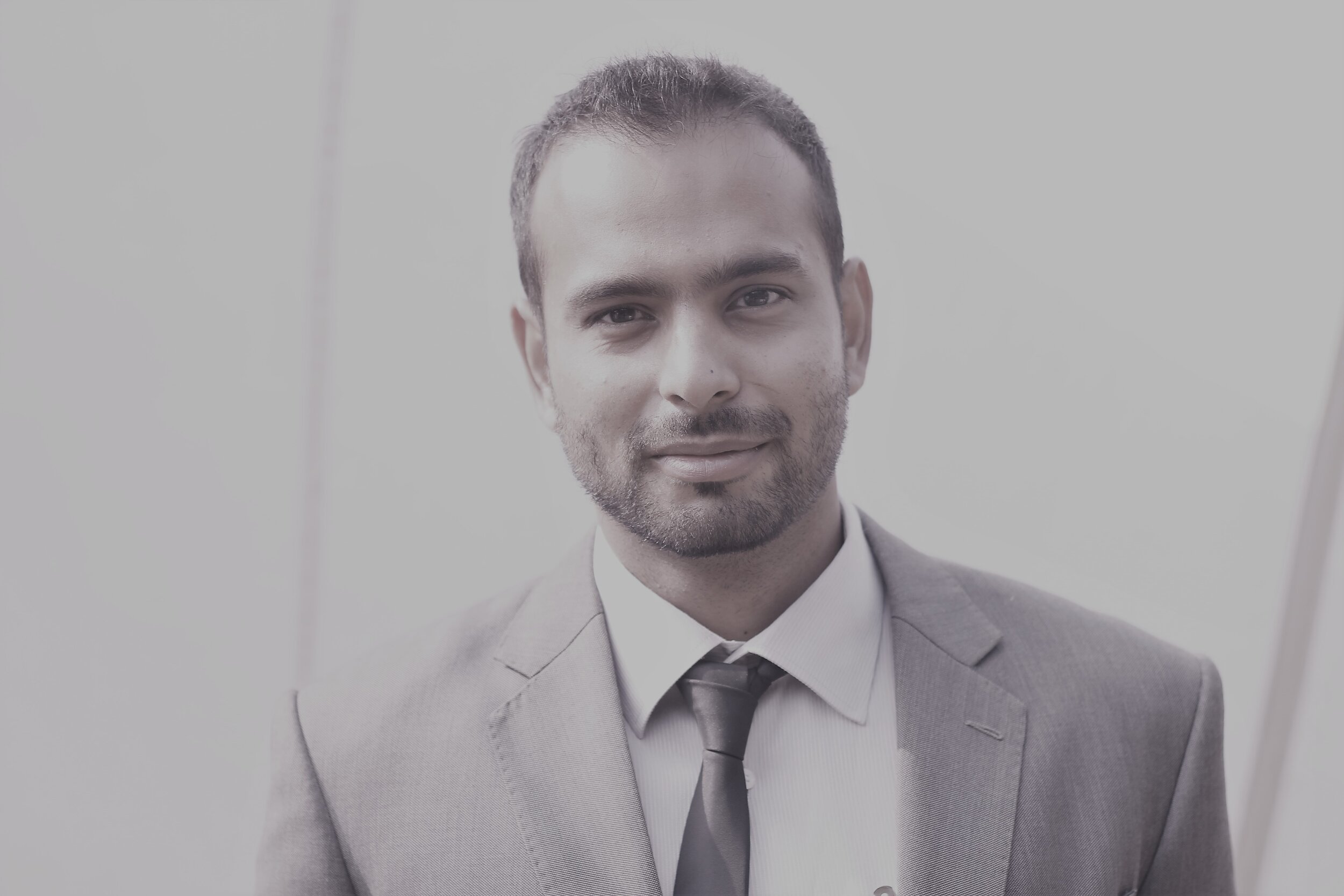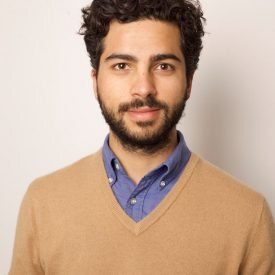Enterprise Challenge: Lessons Learned Thus Far
The timing of the Enterprise Challenge could not have been more convenient. I am a public servant and in the public agenda we have enormous challenges ahead: poverty, growing inequality and climate change. These are complex problems that need wide consensus and cooperation among politicians to be overcome. Yet, we face a highly polarised political environment and it is hard to find common ground on how to solve fundamental issues to ensure sustainability and growth.
Antonio and fellow Scholars, Alfredo and Alan, deep in discussion.
In a world that is swaying toward isolation and polarisation, entrepreneurs seem to have cultivated the capacity to break through politics and address issues more efficiently through iterative learning and testing. I found in the Enterprise Challenge the perfect opportunity to acquire useful tools from the entrepreneurial world which are highly applicable to the public sector. In particular, the Enterprise Challenge has taught us about the effectiveness of working upon feedback processes. We've learnt how to apply design thinking methods to improve policy decisions and were given the chance to design business models capable of scaling-up solutions for higher social benefits. Furthermore and most importantly, we were also given the chance to enhance our knowledge of the frameworks used to better understand and identify the sectors which contribute the most to a nation's progress and change, decipher the underlying dynamics of these sectors and discover how to increase growth within them.
My fellow scholars also shared their main takeaways:
Laura stressed the importance of understanding the private sector when building a better society, because many of the most significant stakeholders in the world are no longer only countries, but also companies. Understanding the language and underlying mechanisms of any business is a key tool for leaders.
Aditta learnt of the importance of narrowing down the definition of 'customer' for a business, to a real specific person with a name and a face, in order to humanise sales strategies. The Challenge helped him understand the importance of breaking down our assumptions of what the ideal customer is. This is important to mitigate the tendency of private sector companies idolising a certain type of 'customer' that may not exist in practice. This logic also applies to relations within companies; in a business to business setting, one should personalise communication efforts to specific persons inside that company.
Mohsin highlighted how the Challenge showed a real sense of what entrepreneurship is. Rather than showing only glamour and success, we were reminded that it is a journey with ups and downs, in which resilience is fundamental.
Claudio highlighted some key learning-points that are fundamental for any project, public or private, to be sustainable in the long term: pivot early, use survey insights and test iteratively.
Finally, Ramon, who has worked in the government for the past six years, pointed out that having exposure to the Enterprise Challenge gave him new tools to address social challenges. Design thinking helped him think about citizen centred policies to better deliver public services.
A very popular Korean saying says that you can only see as much as you know. The Enterprise Challenge gave us new tools to face challenges that demand a comprehensive understanding of the world. I am very grateful for this opportunity, since I feel that I have learnt a whole new language.







